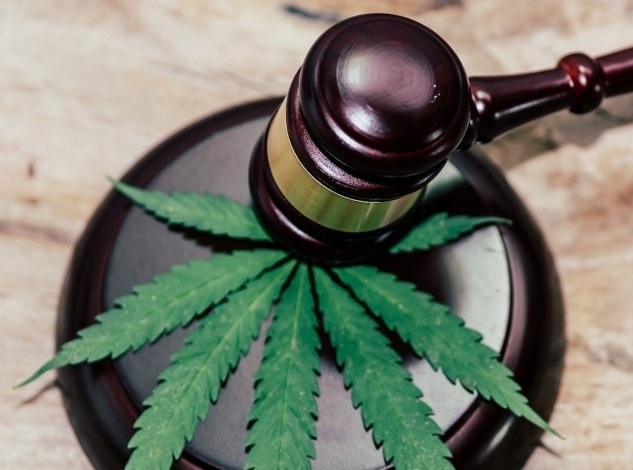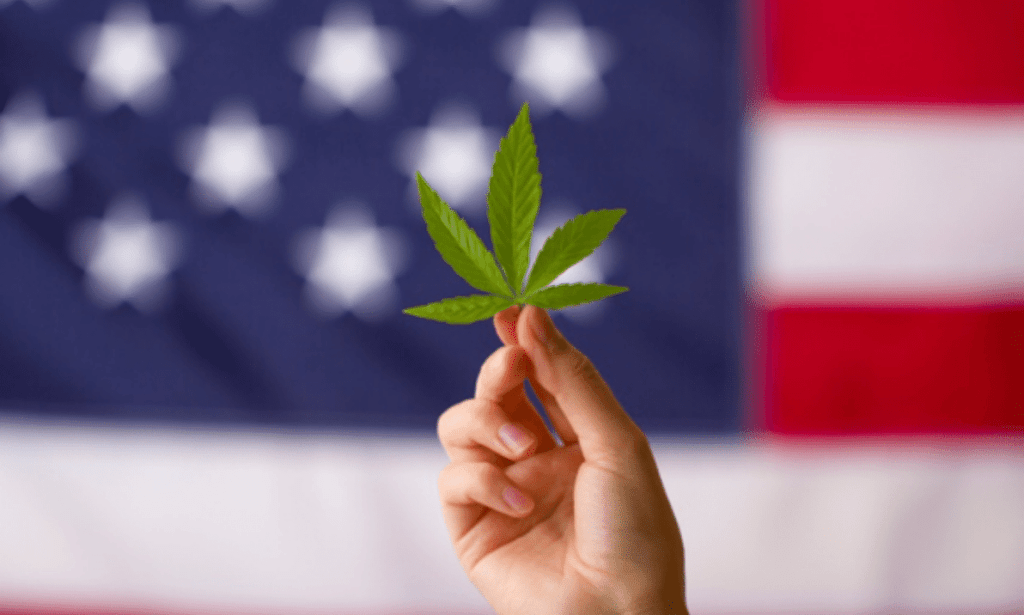Will America’s New President Change Cannabis Law Forever?
Just a week or two after the inauguration, the U.S.’s new administration has already made sweeping changes to laws, regulations and procedures at the federal level. President Biden promised positive change for the country and to focus on his initial efforts to protect the people. Other factors also included reversing climate change, and improve diplomatic relations. Clearly this demonstrates to many that America is on a much different path than it followed for the past four years.
Yet, a question on many minds is: How will Biden’s administration affect cannabis law? While it is impossible to predict with certainty, here are a few guesses regarding how cannabis regulations could shift in the coming months and years.
Biden Won’t Push for Cannabis Legalization
Unfortunately, cannabis isn’t a top concern for the new Commander in Chief — one way or the other. Biden has a complex record with drug policy; as a senator, Biden worked hard to introduce and pass all manner of anti-drug legislation. This included the Comprehensive Narcotics Control Act of 1986 and the Anti Drug Abuse Act of 1988 to name a few. In addition there was also the Federal Crime Control Act of 1989, the National Drug Control Strategy Act of 1990, the Biden-Thurmod Violent Crime Control Act of 1991, and so many more. Yet, in his personal life, Biden has seen the personal toll that narcotics can have on individuals; his son, Hunter. His son has struggled with substance abuse, and Biden now recognizes that the issue is one of public health, not necessarily criminality.

Despite focusing on some issues that might touch on cannabis law — like racial parity — the Biden Administration has not stated any direct intentions in pursuing federal cannabis legalization, or even easing any of the current cannabis regulations. Fortunately, that doesn’t mean cannabis enthusiasts won’t see any changes in the coming months and years.
The Federal Government Won’t Aggressively Prosecute Cannabis Cases
In 2013, then–Attorney General James M. Cole issued a memorandum stating that the Justice Department would respect state marijuana law. Furthermore, they also elected not to enforce federal marijuana policy within states that have legalized cannabis for medical or recreational use. This memo was distributed to U.S. Attorneys, essentially instructing them to ignore cases of cannabis sales or possession in states like Colorado and Washington. Such states at that time had passed and enacted the first adult-use regulations in the country.
Unfortunately, the so-called Cole Memo was essentially discarded in 2016, when a new administration moved into the White House. Though former President Trump did not overtly state anti-cannabis intentions, several of his Attorneys General (AG) have demonstrated a strong anti-marijuana agenda. Marijuana-related federal arrests increased every year during Trump’s presidency, despite public opinion shifting strongly in favor of widespread cannabis legalization. This came despite an increasing number of states passing and enacting medical and recreational law to include the opening of legal Washington, D.C. dispensaries.

Though Biden’s pick for Attorney General has yet to be approved by the Senate (as of this writing), would-be AG Merrick Garland is likely to choose a policy of non-interference when it comes to cannabis law. Though in the past Garland has sided with the Drug Enforcement Agency. Particularly in a 2012 case which thwarted an attempt to shift cannabis to a Schedule II or Schedule III drug. It is most likely that the would-be AG will reinstate the Cole Memo and almost entirely wash his hands off of marijuana-related law. Thus, it is likely we will see a marked decrease in the number of federal criminal cases concerning cannabis.
The Legislative Branch Might Pursue Medical or Recreational Regulations

Though neither the Executive Branch nor the Judicial Branch seems to be making moves to legalize cannabis, the Legislative Branch has started the New Year with a pro-cannabis bill already rolling. In late 2020, the U.S. House of Representatives introduced and passed the MORE Act, which (among other things), legalizes recreational cannabis consumption at the federal level.
Though the previous Senate chose not to act on the MORE Act, the greater balance between parties in the Senate could see a reintroduction of the same or similar legislation in the coming months or years. If such a bill gets bipartisan support and passes both Houses of Congress, it is unlikely that Biden will strike it down, regardless of his personal feelings towards the good green herb.
The last four years has seen more progress in pot policy than the last 40 years combined — and that was in the face of an administration with intense anti-cannabis intentions. With Biden at the helm, cannabis laws could very well shift, but it is anyone’s guess how or when the biggest step of federal legalization will be taken.



